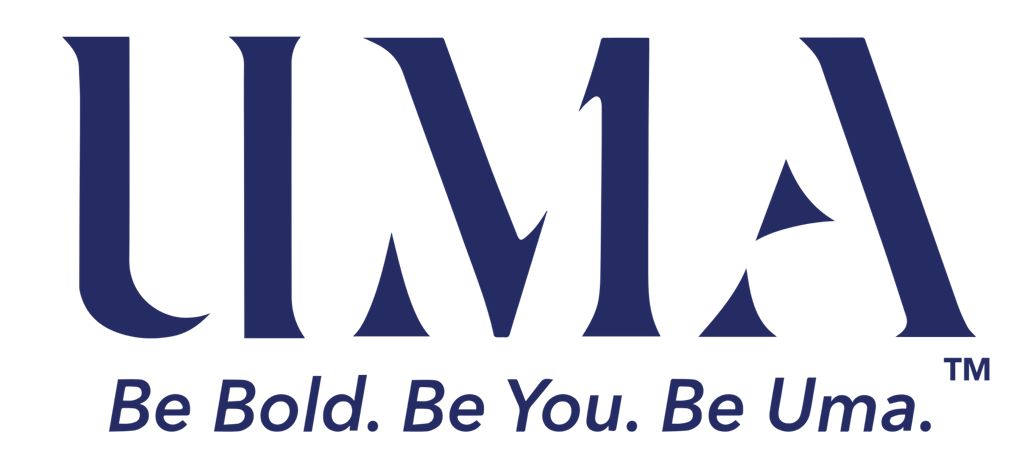It’s almost June 17th day and we at Uma want to wish all dads around the world a very happy Father’s Day…
It’s not easy being a parent and they do a great job every single day! As we celebrate, let’s also remember the challenges they face and one in particular which starts right after a baby is born: living in a country that does not guarantee paid family leave — a stark contrast to many developed nations that boast rich policies.
Our Uma research article, Grown Sons of Working Moms Move the Needle on Gender Equality, tells us that young fathers who were raised by working mothers have benefited from those role models. As adults they are partners in household responsibilities and spend more time caring for family members. Although women have ostensibly borne the greater burden juggling work and family and transitioning in-and-out of the workplace to raise families—an issue Uma is successfully addressing through Uma Academy and our outreach to women in transition, research from the Pew Center tells us that dads want to spend more time with their children, too.
At an Uma event last year, Jeff Rosen, Managing Director of a Private Equity firm in Manhattan, made an excellent point when he said, “although it may vary slightly by industry, many fathers I know in finance at least, prefer to suffer in silence rather than risk any potential negative consequences at work.”
Basically, fathers in the United States, who may even be earning high salaries can be more stressed compared to fathers earning much less but residing in countries with robust paid leave and health care support via the government.
However, the concerns attendant to the absence of paid leave in the United States are not gender specific but rather a family affair. This is not surprising since only a meager 14 percent of workers get paid leave from their employers. Time off to have a baby is classified under a mom’s disability benefit. But paternity leave, if granted by U.S. corporations at all, is categorized as parental leave that most dads don’t use because of the social and corporate stigma attached to it.
When allotted, moms’ time off is frequently too short, and many women cobble together vacation and sick- and personal-days to extend their leave or feel pressured to return to work too soon—well before they are physically and emotionally ready. Some resign from their jobs fearful of losing bonding time with their newborns, leaving dad to assume full financial responsibility for the family.
Ironically, the wage gap—the difference between women and men’s wages—is also tied to this issue. The 1964 Equal Pay Act helped to narrow the disparity between men and women’s wages, and the strides for women’s rights that were made in the courts in the early 1970’s put a lid on blatant discrimination. While it has narrowed, the wage gap still exists, most notably among mothers and fathers. Fatherhood results in a wage bonus; motherhood in a wage penalty, increasing the pay gap related to parenthood. Plus, the bonus/penalty discrepancy perpetuates the disparity in work/family roles of men and women.
It is clear that we need to expand the work/life options in the United States to create a better world for moms, dads and their children and give families the support they need. Let’s have more conversations about creating robust family leave so fathers can bond with their children without stress and negative consequences. This Father’s Day, we thank all the wonderful dads out there for all the love and hard work they put into raising great kids and wish them many more to come!

